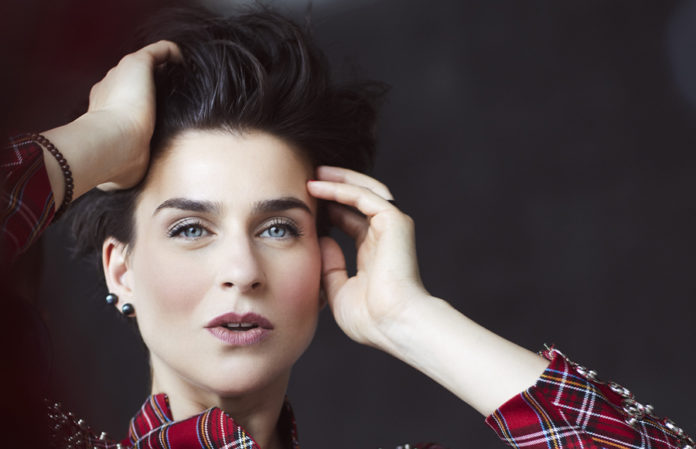BAYREUTH, Germany (New York Times) — Asmik Grigorian was hungry after all.
The soprano, whose debut at the Bayreuth Festival the evening before had been met with a roaring ovation, initially ordered an espresso to help her wake up. But then she wanted more.
“Do you have ice cream?” she asked a waiter.
“Chocolate?” he responded. “Strawberry, vanilla ——”
“All,” she said, cutting him off. “All of it.”










